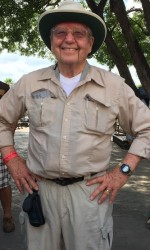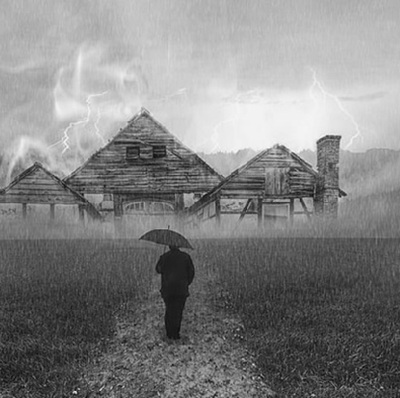Chris Connor, Jazz Vocalist:
An Appreciation
Take One
“Who,” you ask.
“Chris Connor,” I repeat.
“Oh, sure, right,” you say
(with little enthusiasm.)
“You have to listen, really listen,” I say.
“O.K.” (an acquiescence).
I carefully place the vinyl record
on the Rek-O-Kut turntable.
I get into her husky voice,
Her unique phrasing — my special addiction.
Her presentations’ style just for me,
I forget you (unfortunately)
during this transfixion.
You say not a word.
From Moonlight in Vermont,
To Be My All – Breathtaking.
I am immersed.
Chris finishes,
I say, into the quiet,
“See, perfect!” turning my attention
back to you.
It seemed too silent.
It was.
You were not there.
Take Two
From the platter – listening.
I cannot see her
I cannot see her face
I cannot see her mouth
I hear her
I hear her voice
I hear her timbre.
I hear her clear crisp
acoustically acrobatic
olympic quality
precision of wording;
Chris can choose
any inflection of tone,
between this note
and the next
At her discretion —
Creating the songs’
perfect grace and rhythm —
As the confident gymnast
launches flawless into the air
knowing at each critical juncture,
the right, the perfect movement
To execute her triple twist.
Just too Chris performs.
Take Three
In between searching for songs,
In between practicing lyrical alternatives,
In between agent phone calls,
In between recording sessions,
In between cocktail lounge bookings —
What do you do?
Where do you go?
Who do you see?
What do you like?
Is there another life?
Take Four
I do not hear a standard
A&R arrangement
A mimic of a past jazz recording
A faint repetition.
I hear only the new quest
as her singular voice
Searching for her interpretation
of sound and sensation,
Till it Is achieved.
Practiced, till, it is
Subtle, till it is perfect —
Then again, and again,
reviewed in her mind
Till it is right,
Till it is absolutely just
As she feels it inside,
Then pressed on the recorded track.
I shall never tire to hear
it over and over
till the track is
worn out.
*

Lawrence J. Klumas has written poetry since 1958, and continued writing for his engineering profession — but, most recently re-immersed himself into poetry with a passion. He has been published in Que sais-je, on-line at JerryJazzMusician, Diocesan Messenger. He contributes a poem weekly to the Fallbrook, CA Episcopal Church newsletter. He has a chapbook submitted for San Diego Book Awards.
He is a retired USAF officer, an engineer, a Viet Nam veteran, and a past Assoc VP Occidental College (Facilities). He has a BS In Business Administration (with a minor in Literature) from Eastern Nazarene College, and both a BS and MS in Industrial Engineering from Arizona State University.
_____














































A first-rate sequence of poems. It is not only good poetry. It inspired me to look up the singer online and to find several of her songs on YouTube. You have introduced me to a fine singer with whom I was previously unfamiliar. I thank you for the skillful poetry and for the introduction to an artist of merit.
Thanks Michael. Feedback is so critical to improving what you write, I appreciate you giving me some encouraging comments.
Chris Connor was a Stan Kenton vocalist for about a year following June Christy who followed Anita O’ Day. Hope you come to appreciate her unique voice and styling